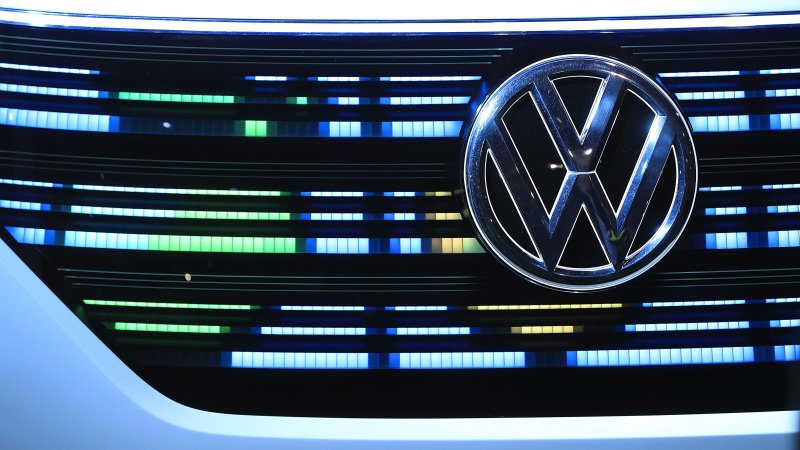Volkswagen assigns $24 billion in battery orders to speed EV push

Volkswagen has selected partners to provide battery cells and related technology worth around 20 billion euros ($24.7 billion) for electric vehicle projects in Europe and China, pushing ahead with a shift to zero-emission cars.
But that's just the beginning: VW last year started looking for partners in China, Europe and North America to provide battery technology worth more than 50 billion euros.
Until its "dieselgate" emissions scandal was revealed two and a half years ago, VW had been slow to embrace electric cars.
But the fraud has prompted a strategic shift, while advances in batteries and a global fight against pollution are raising pressure on carmakers to adopt zero-emission alternatives.
Europe's largest automaker said on Tuesday it will expand EV production to 16 factories worldwide through the end of 2022.
VW has a goal to launch 80 new electric cars across the group by 2025 and offer an electric version of each of its 300 group models by 2030.
"We have pulled out all the stops over the past months to implement the Roadmap E swiftly and resolutely," Chief Executive Matthias Mueller said at VW's earnings news conference.A decision on a supplier for North America will be taken soon, it said.
VW's emissions scandal, new Chinese quotas for electric cars and tightening rules on carbon dioxide (CO2) emissions in Europe are causing automakers to focus on green cars and self-driving technology.
Although grappling with billions of euros in costs and fines for dieselgate, VW has pledged to spend 34 billion euros on EVs, autonomous driving and new mobility services by the end of 2022, one of the most ambitious programs in the industry.
Separately, the German carmaker reiterated guidance for higher vehicle sales and revenue this year as well as a group return on sales of 6.5 to 7.5 percent before special items, compared with 7.4 percent last year.
Related News
